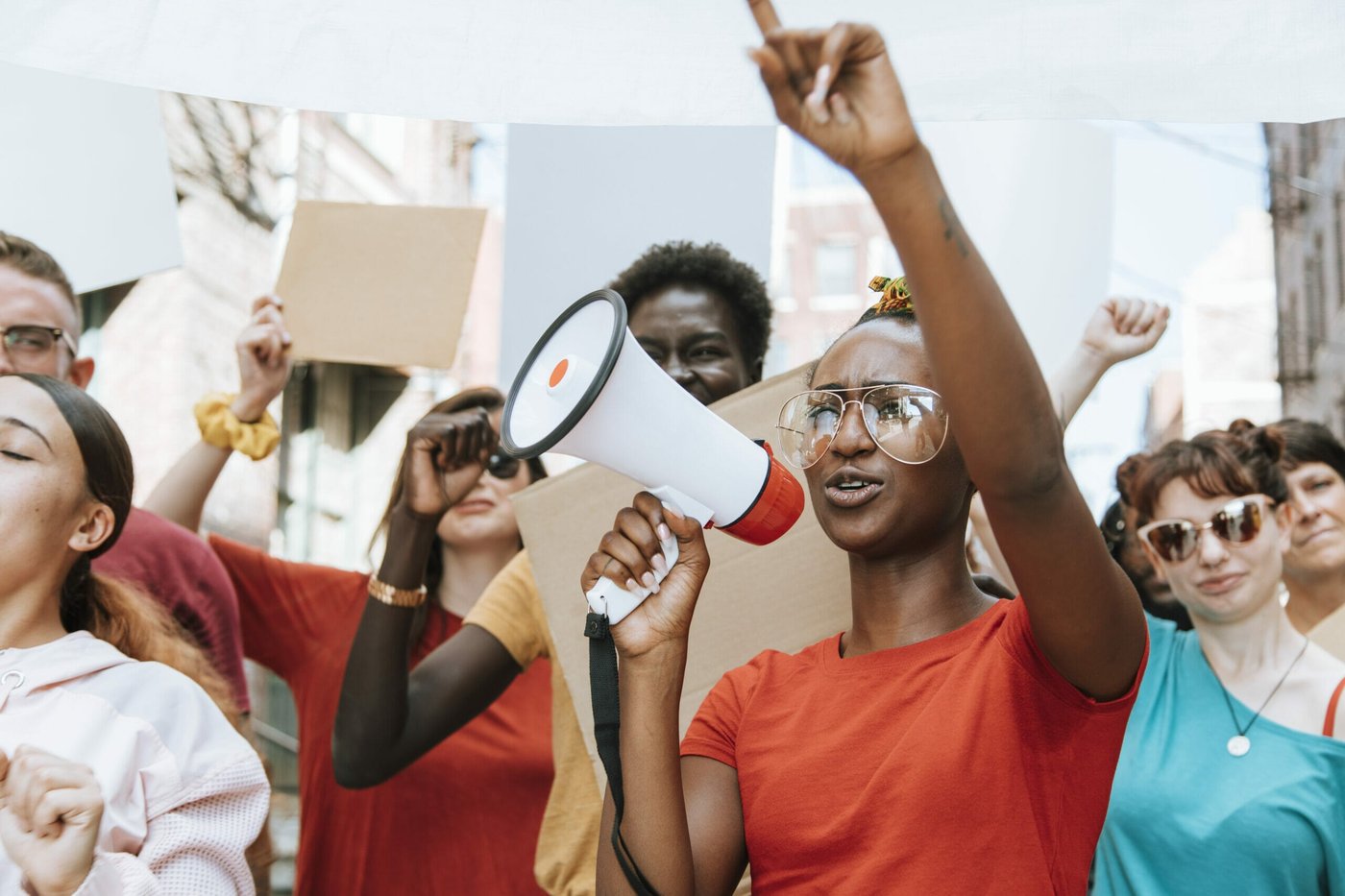Understanding Immigrants’ Rights to Protest in the U.S.
In the United States, the right to protest is enshrined in the Constitution, specifically under the First Amendment, which guarantees freedom of speech and assembly for all individuals, including immigrants. This fundamental right allows individuals to express their views, advocate for change, and seek justice for their communities. Understanding immigrants’ rights to protest is crucial, especially in an era where immigration policies are constantly evolving.
The Importance of Protesting
Protests have historically played a significant role in shaping social and political landscapes. For immigrants, participating in protests is a way to:
Advocate for Rights: Immigrants can voice their concerns regarding immigration policies that affect their lives, such as unjust deportations and restrictions on family reunification.
Raise Awareness: Protests can draw attention to issues such as humanitarian parole and the challenges faced by immigrant communities, including those affected by programs like DACA.
Build Solidarity: Demonstrating together fosters a sense of community among immigrants and allies, promoting unity in the fight for justice.
Legal Protections for Protesters
Immigrants, regardless of their legal status, have the right to assemble peacefully and express their opinions. Here are some key legal protections:
First Amendment Rights: The U.S. Constitution protects the right to free speech and assembly, enabling immigrants to engage in protests without fear of retaliation.
Non-Discrimination: Law enforcement cannot discriminate based on immigration status during protests. This means they cannot target individuals solely because they are immigrants.
Protection Against Retaliation: Employers cannot retaliate against individuals for participating in protests, which is crucial for immigrants who might fear job loss.
Challenges Faced by Immigrant Protesters
Despite these protections, immigrant protesters often face unique challenges:
Fear of Deportation: Many immigrants fear that participating in protests could lead to their arrest and deportation, especially in regions with heavy ICE presence.
Language Barriers: Non-English speakers may struggle to communicate their messages effectively, limiting their participation in organized protests.
Limited Access to Resources: Immigrant communities may lack access to information regarding their rights and the legalities of protesting, making them vulnerable.
Recent Developments in Immigration Policy
The landscape of immigration policies is continuously shifting, with recent news focusing on issues such as:
Humanitarian Parole News: Programs that allow certain immigrants to enter or remain in the U.S. temporarily for urgent humanitarian reasons are crucial for many individuals facing crises.
ICE Raids: Reports of increased ICE activities, particularly in immigrant neighborhoods, heighten fears surrounding protests. The visibility of ICE can deter participation, despite the constitutional protections in place.
Policy Changes: Recent immigration reform news highlights ongoing debates over the future of programs like DACA and the potential for new legislation impacting immigrant rights.
How to Effectively Protest as an Immigrant
For immigrants looking to participate in protests, understanding their rights and preparing adequately is essential:
Know Your Rights: Familiarize yourself with your legal rights as a protester, including the right to remain silent and the right to seek legal assistance if detained.
Stay Informed: Follow reliable sources for the latest updates on immigration news and policies that may impact your rights and your ability to protest.
Connect with Organizations: Reach out to immigrant advocacy groups that can provide support, resources, and legal assistance during protests.
Conclusion
Understanding immigrants’ rights to protest in the U.S. is vital for fostering a robust democratic society. Despite the challenges faced, engaging in peaceful protest remains a powerful tool for advocating for justice and change. As immigrants continue to navigate the complexities of U.S. immigration policies, their voices and actions play an essential role in shaping the future of immigration reform and human rights.
In the face of evolving immigration policies, it is important for all individuals, especially immigrants, to remain vigilant and actively participate in advocating for their rights. Whether through protests or other forms of advocacy, every voice matters in the fight for a just and equitable society.










